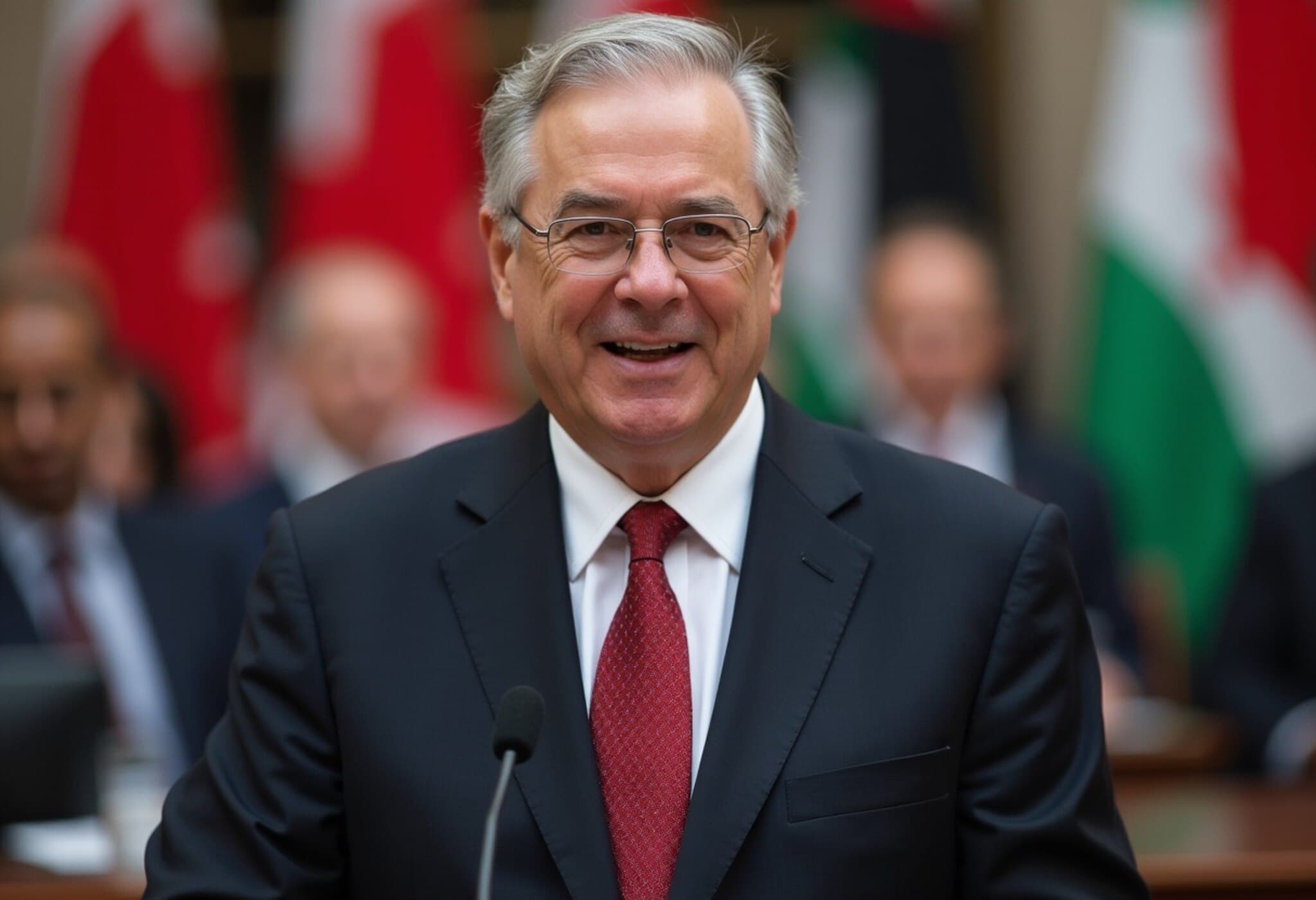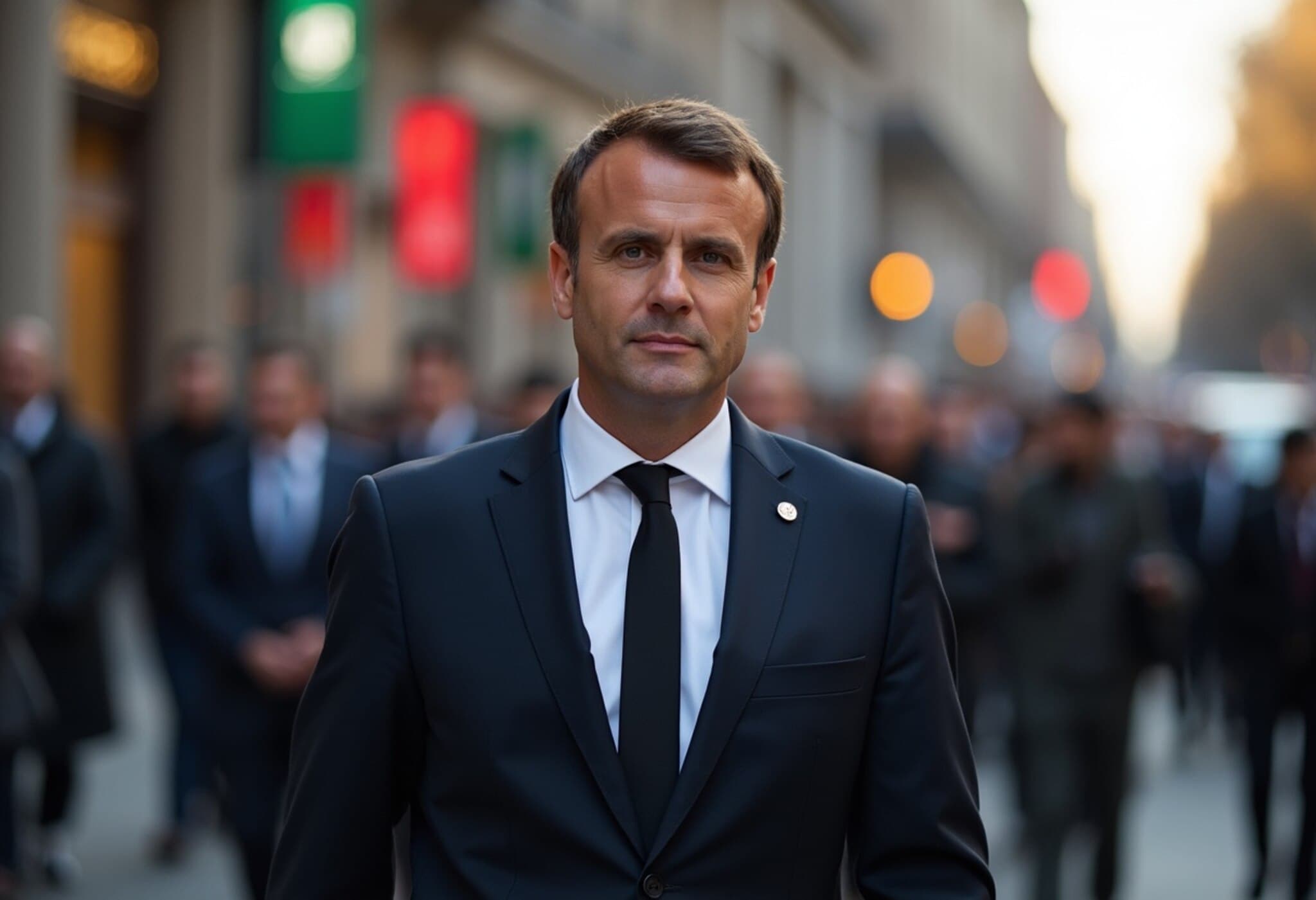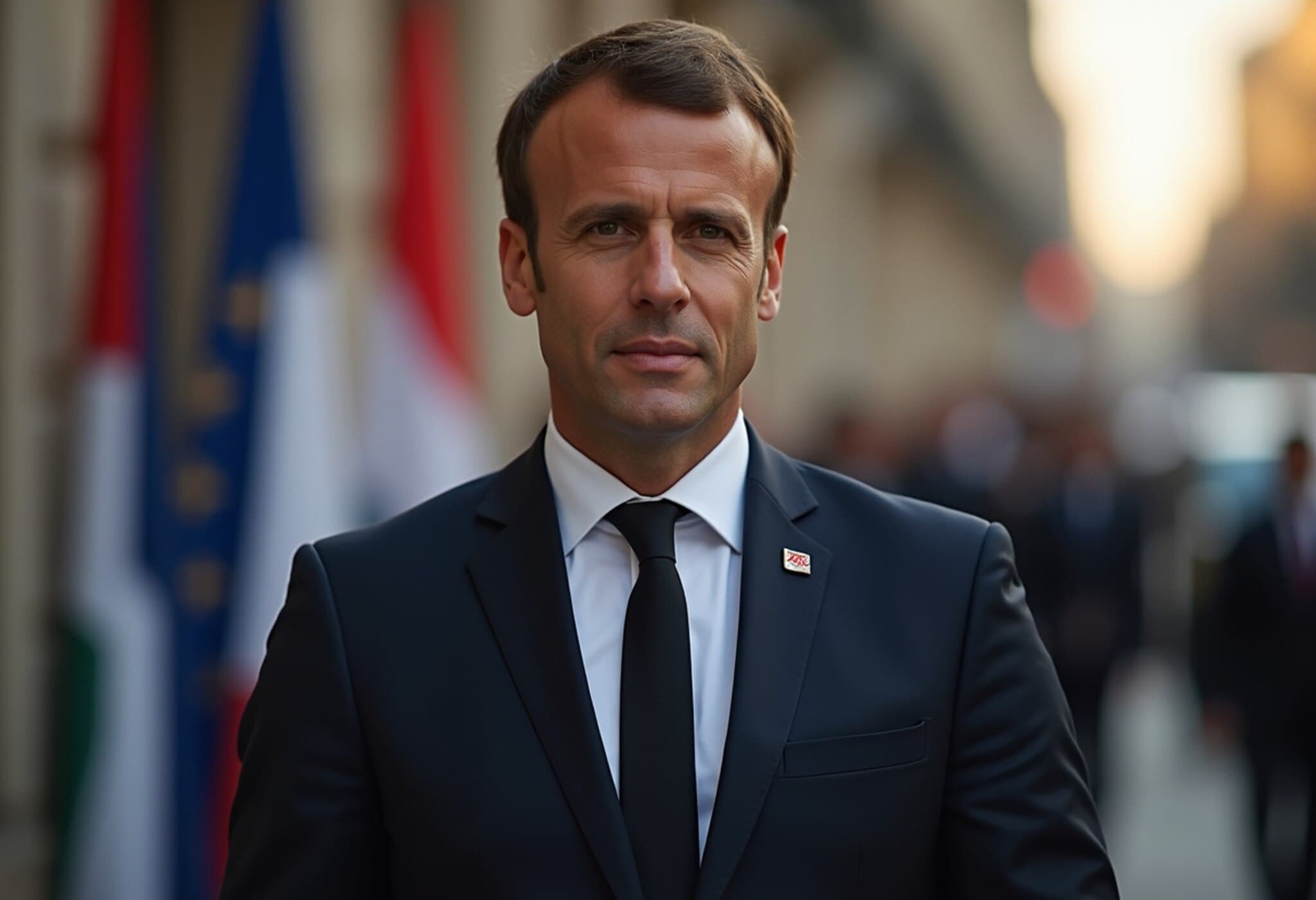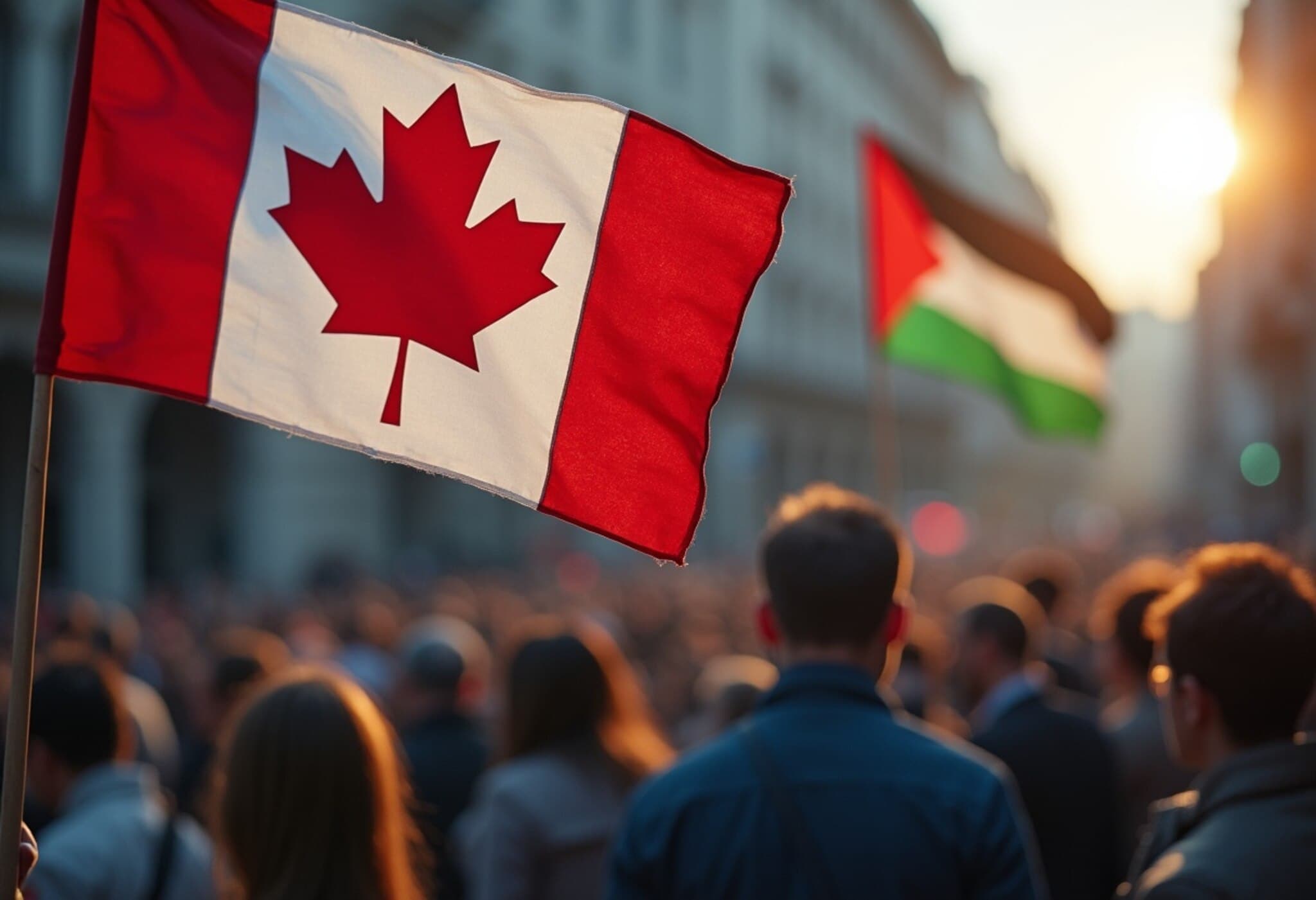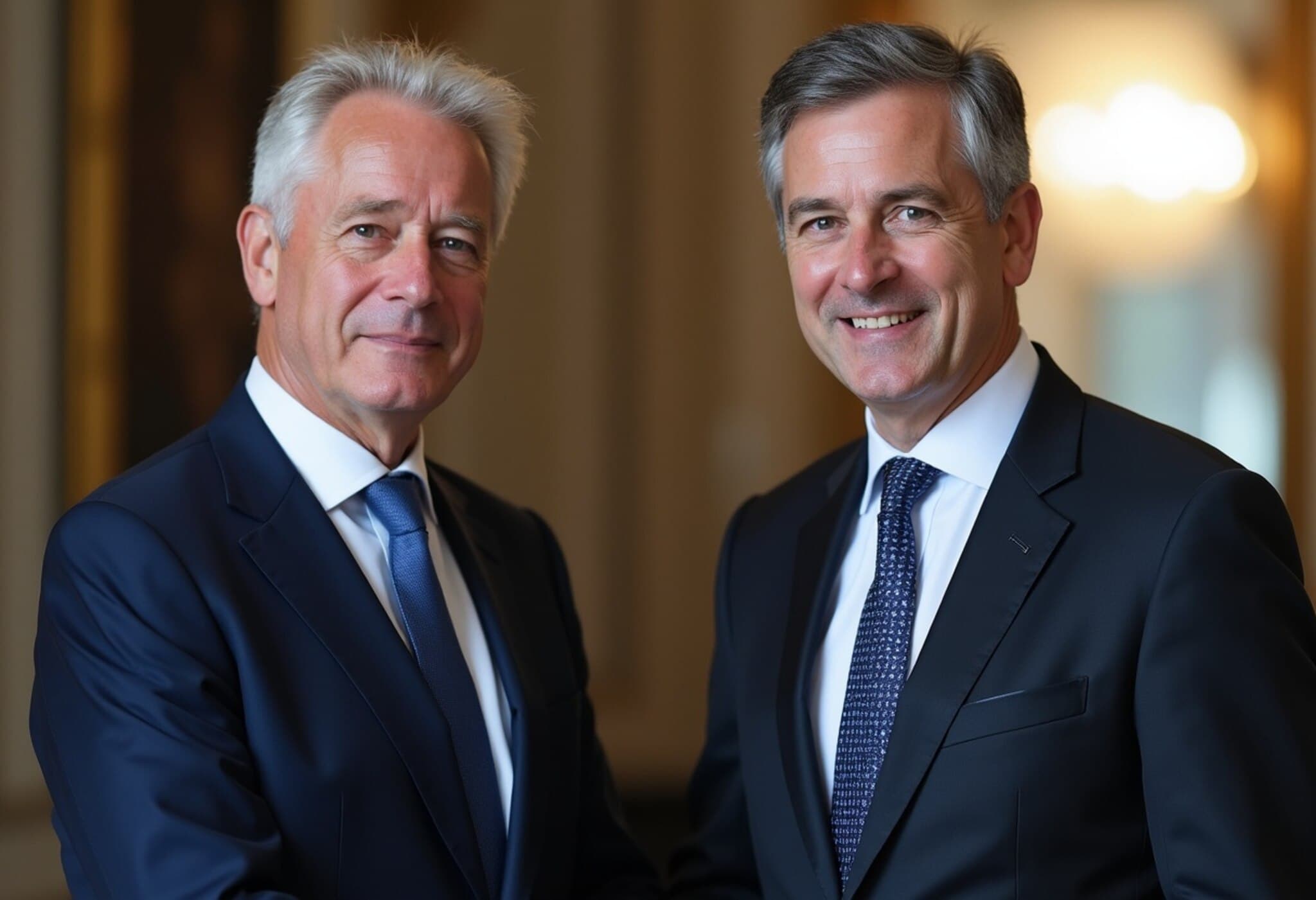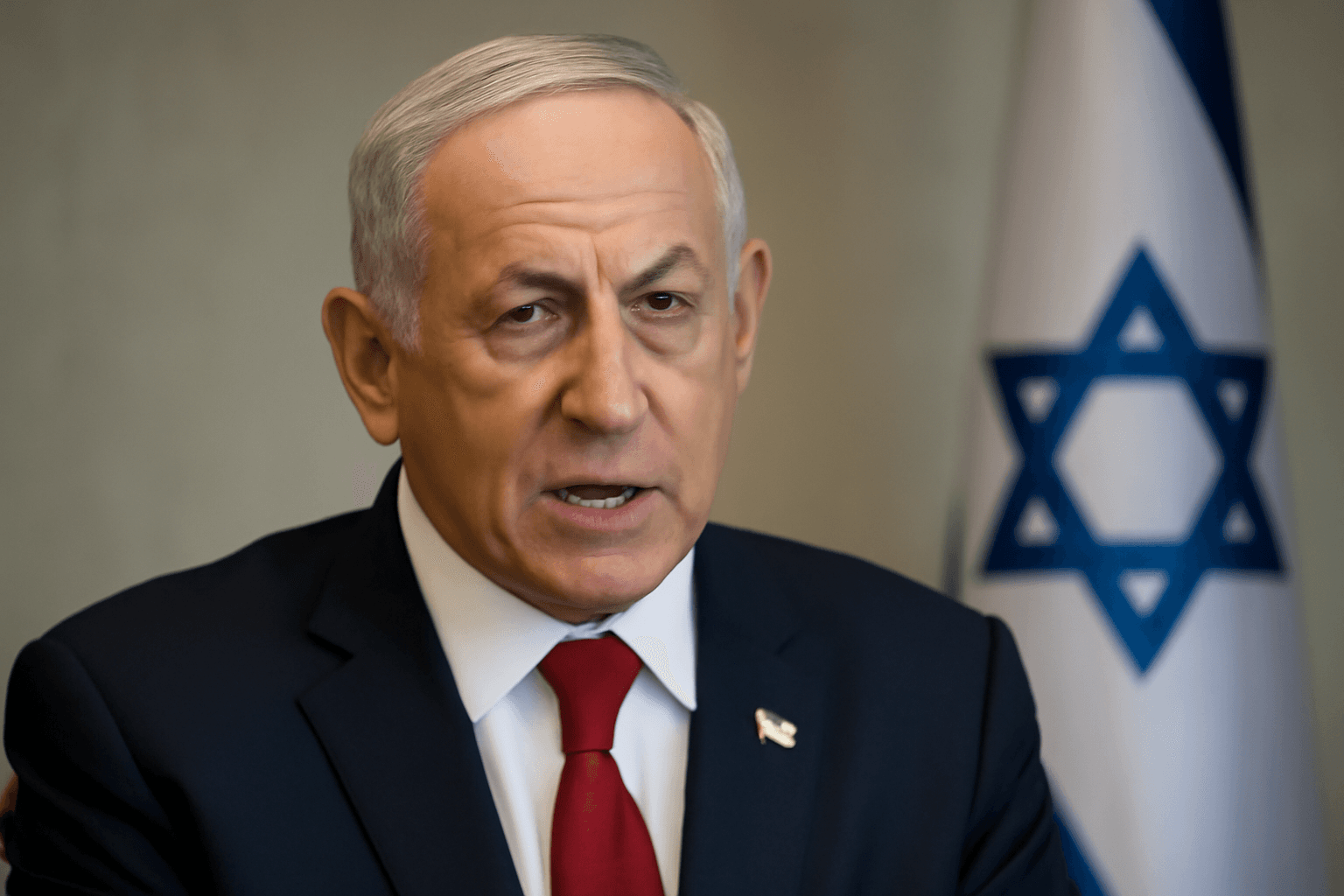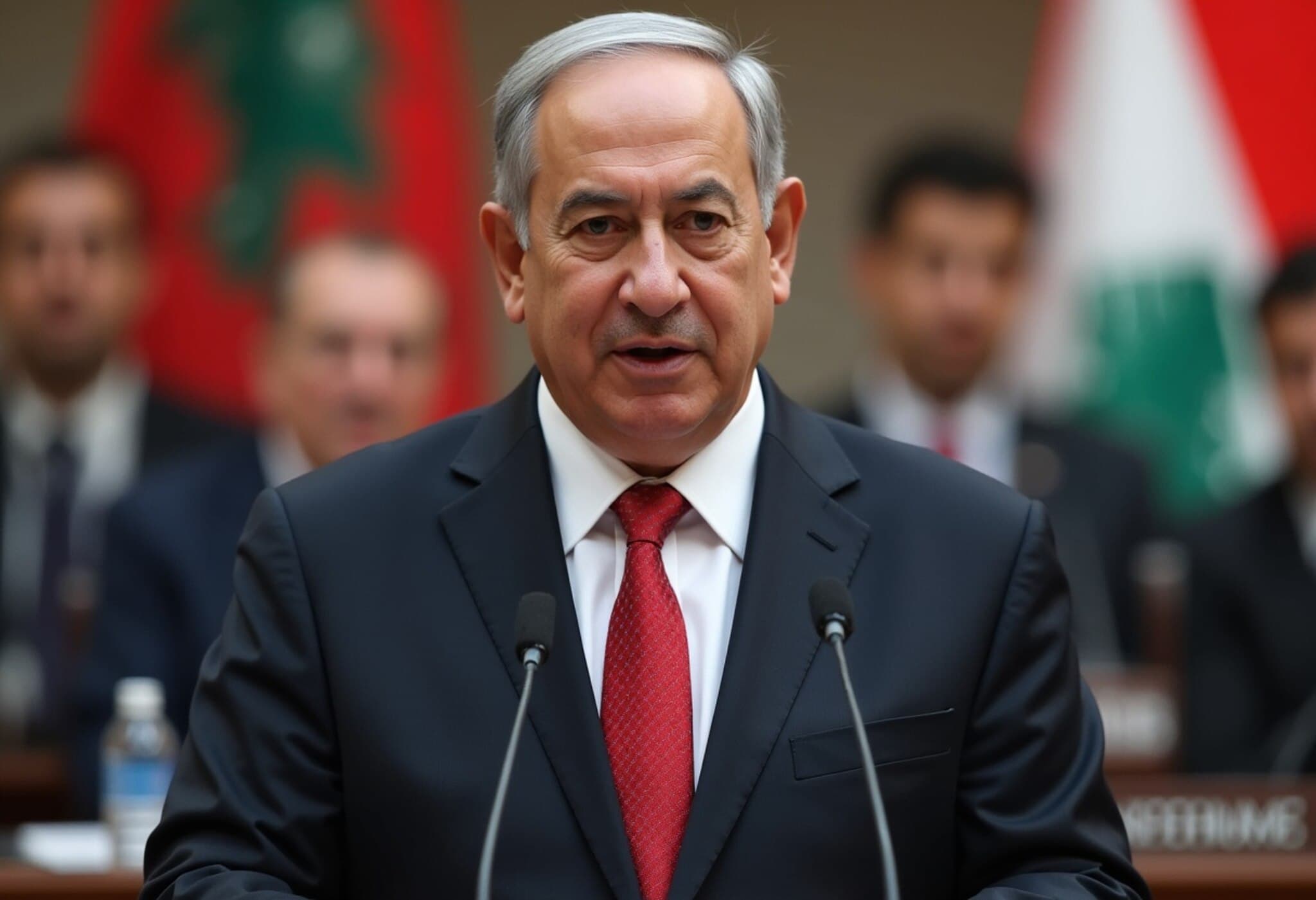Canada Announces Planned Recognition of Palestinian State at U.N.
In a significant shift in diplomatic policy, Canadian Prime Minister Mark Carney declared on July 30, 2025, that Canada intends to recognize the State of Palestine during the 80th Session of the United Nations General Assembly in September 2025. This announcement follows consultations between Carney and Palestinian Authority President Mahmoud Abbas and aligns Canada with recent moves by key allies in Europe to acknowledge Palestinian statehood.
Conditional Recognition Linked to Democratic Reforms
Unlike France’s unconditional recognition pledge last week, Carney emphasized that Canada’s support is contingent upon the Palestinian Authority's commitment to holding democratic elections and undertaking key governance reforms. These terms reflect Canada's desire for a framework that promotes stability and accountability within Palestinian leadership, aimed at preserving the long-standing vision of a two-state solution.
"The suffering endured in Gaza is intolerable," Carney remarked, underscoring the urgent need for renewed hope through diplomatic engagement. "Recognition under these circumstances is a means to safeguard the prospects for lasting peace between Israelis and Palestinians."
Comparative Global Context: Allies Align on Palestinian Recognition
The Canadian announcement builds on momentum in the international community. British Prime Minister Keir Starmer indicated that the United Kingdom would recognize a Palestinian state in September unless Israel agrees to a ceasefire in Gaza, allows greater humanitarian access, and commits to peace negotiations. Meanwhile, France, championed by President Emmanuel Macron, officially plans to recognize Palestinian statehood without preconditions.
These developments mark a nuanced evolution in Western diplomatic posture toward the Middle East, reflecting both mounting humanitarian concern and strategic recalibration amid ongoing conflict.
Domestic Political Support and Calls to Action
Within Canada, the move has sparked broad political dialogue and advocacy. Notably, Liberal MPs including Toronto’s Salma Zahid and Montreal-area’s Sameer Zuberi leveraged social media platforms to urge the government to stand with France’s lead. Mississauga Centre’s Fares Al Soud stressed that "justice for the Palestinian people demands recognition," signaling a growing chorus within parliamentary ranks.
Last autumn, cross-party support emerged as dozens of MPs from the Liberal Party, New Democratic Party (NDP), Bloc Québécois, and Green Party backed an international appeal for Palestinian statehood, reinforcing the consensus for Canada’s engaged role in Middle East peace efforts.
Why This Matters: Broader Implications for Peace and Diplomacy
Canada’s proposed recognition — while conditional — represents a critical moment in international diplomacy, serving both as a catalyst for Palestinian governmental reforms and a tangible expression of solidarity amid escalating humanitarian crises in Gaza. The move must be understood not merely as symbolic, but as a strategic effort to nudge all parties back toward negotiations aimed at a durable, two-state solution.
Experts suggest this shift may also influence U.S. foreign policy circles, particularly as Canadian and European actions increase pressure on Washington to reassess its role in Israeli-Palestinian relations.
Editor’s Note
Canada’s announcement to recognize the Palestinian state with stipulated democratic conditions invites deeper reflection: Can this approach effectively balance support for Palestinian self-determination with the realities of regional stability challenges? How will it shape Canada’s role in a complex geopolitical landscape where humanitarian urgency and political pragmatism collide? As global leaders convene at the upcoming U.N. General Assembly, these questions will stand at the forefront of renewed diplomatic efforts seeking to transform decades of tension into a pathway for peace.

